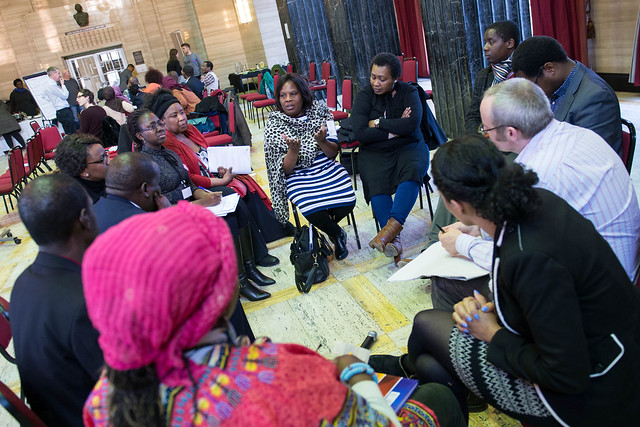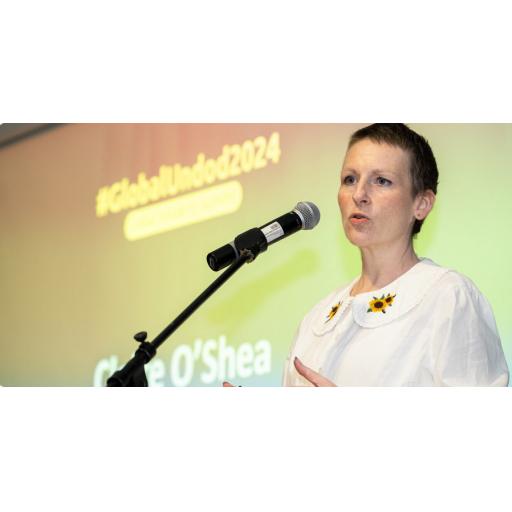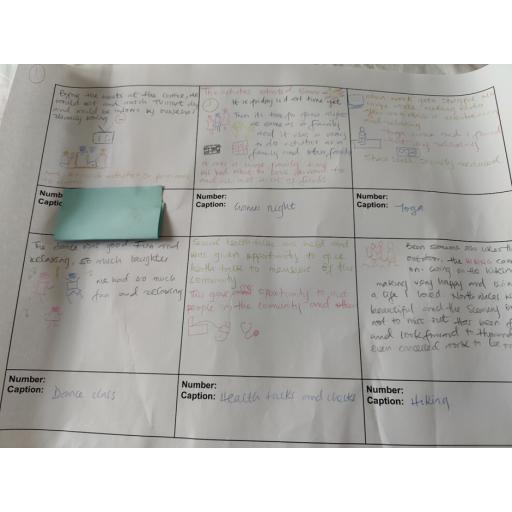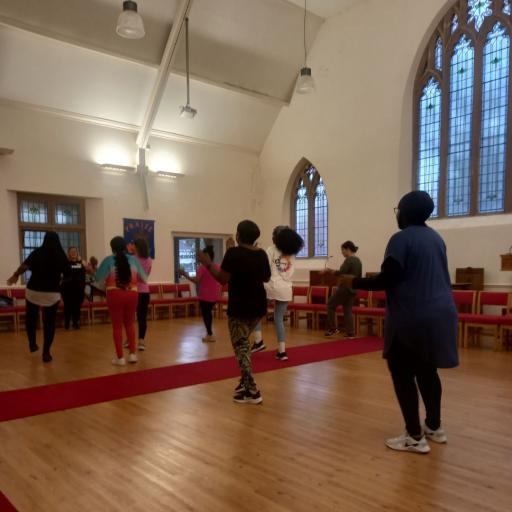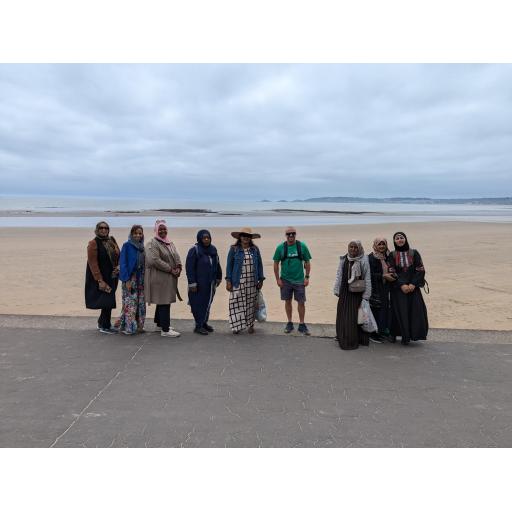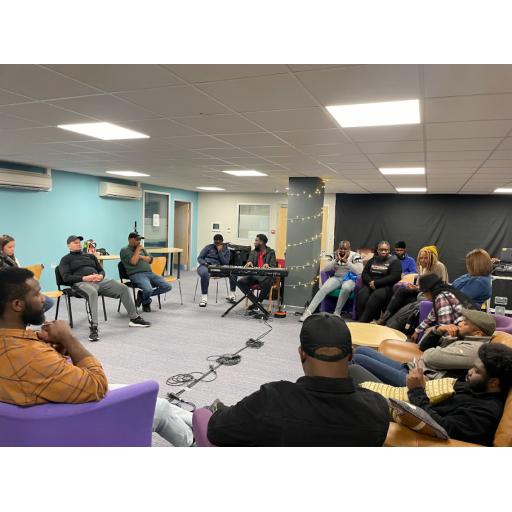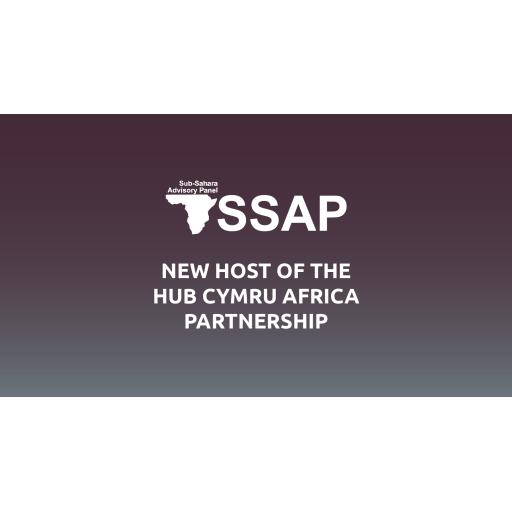Monday, 2 March 2015 from 16:00 to 18:30 (GMT)
Temple of Peace
Cathays Park
CF10 3AP Cardiff
United Kingdom
AIM AND OBJECTIVES
Sub-Sahara Advisory Panel (SSAP) and Wales Audit Office are hosting this training session aimed at enabling charities in the international development sector on how to be more effective in managing grants and having strong and effective governing structures. To do so, this training will look at matters such as
– How to prepare your organisation for grant funding;
– Where to look for grants;
– How to manage your grants when you get them;
– How to deal with audits and project succession (or closedown);
– Essentials for charity trustees;
– Governing and Managing grants well.
WHAT IS GRANTS MANAGEMENT?
Whether you are a giver or receiver of grant funds, (or both),managing grants and funding relationships is a part of life for most NGOs. Relationship between donors and NGOs tend to be determined by the communication and engagement between the two. Donors and NGOs need each other. In order to be effective at managing relationships with donors, NGOs need to have strong governance structures that will prove and enhance their chances of receiving funds.
NGOs often receive funds from donors, which they spend themselves and sometimes pass on to other organisations. For example, it is common for a government department to fund an international NGO which funds a local NGO which funds grass-roots community organisations.
Funding relationships
Partnership is a ‘buzz’ word in the world of grant making. But it is sometimes used when in fact the relationship does not feel collaborative or equal. Donors and NGOs need each other. Donors provide funds, and without funds NGOs cannot achieve their objectives. But donors also have their own agendas and objectives which they cannot achieve without implementing NGOs. Developing good relationships and shared understanding is really important if both sides are to work together effectively to achieve their goals.But managing relationships between organisations is not easy – you will probably have experienced challenges like language and culture differences, lack of understanding or respect for each other, problems with email communication, funds sent late, accountability reports sent late, difficult grant conditions and the messy complexity of implementing aid or development programmes. All this makes for a challenging environment.
WHAT IS GOVERNANCE?
Charities are generally governed by a trustee board that takes overall responsibility for its work. Governance is a term used to describe the trustees’ role in:
the long term direction of the charity, including its objectives or purposes
implementing policies and activities to achieve objectives
complying with legal requirements
accountability to those with an interest or ‘stake’ in the charity
Good governance should happen throughout a charity. The trustee board is responsible for good governance but they rely on many different people to be able to govern well: staff, volunteers, advisors and stakeholders.

